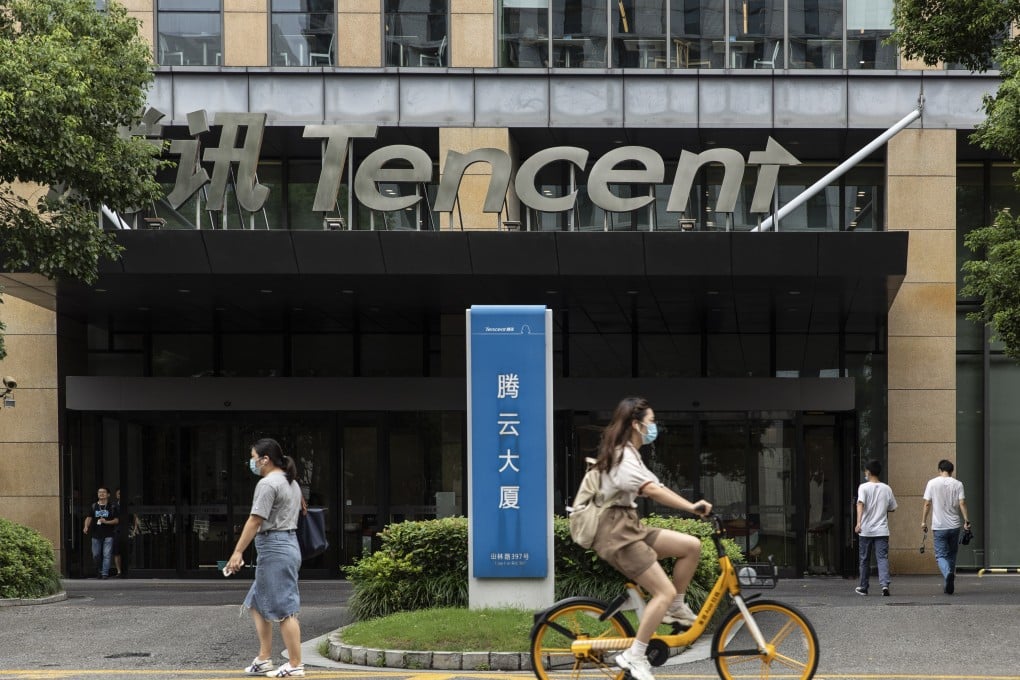Advertisement
Tencent earmarks US$7.7 billion for ‘common prosperity’ to answer Xi Jinping’s call for equality
- The announcement of the fund comes one day after Chinese President Xi Jinping made it a key economic and social goal for the country
- The company said the fund will be used to support a range of initiatives for the less affluent
Reading Time:2 minutes
Why you can trust SCMP
11

Shenzhen-based tech giant Tencent Holdings said on Wednesday that it has created a 50 billion yuan (US$7.7 billion) fund dedicated to “common prosperity”, one day after Chinese President Xi Jinping made it a key economic and social goal for the country.
The fund will be used to boost the income of low-income groups, improve health care coverage, help rural economic development, and support grass roots education, Tencent said in a midnight statement hours after its second-quarter earnings call.
“As a Chinese tech company blessed by China’s reform and opening up, Tencent has always been thinking how to help social development with its own technologies and digital power,” it said.
Advertisement
The fund reflects the company’s sense of urgency to respond to Beijing’s call on the rich as well as big companies to give back to society through charity, the company also said in its statement.
In April, the social and gaming giant, under scrutiny from regulators, pledged 50 billion yuan to promote “sustainable social value innovation”.
Advertisement
Advertisement
Select Voice
Select Speed
1.00x